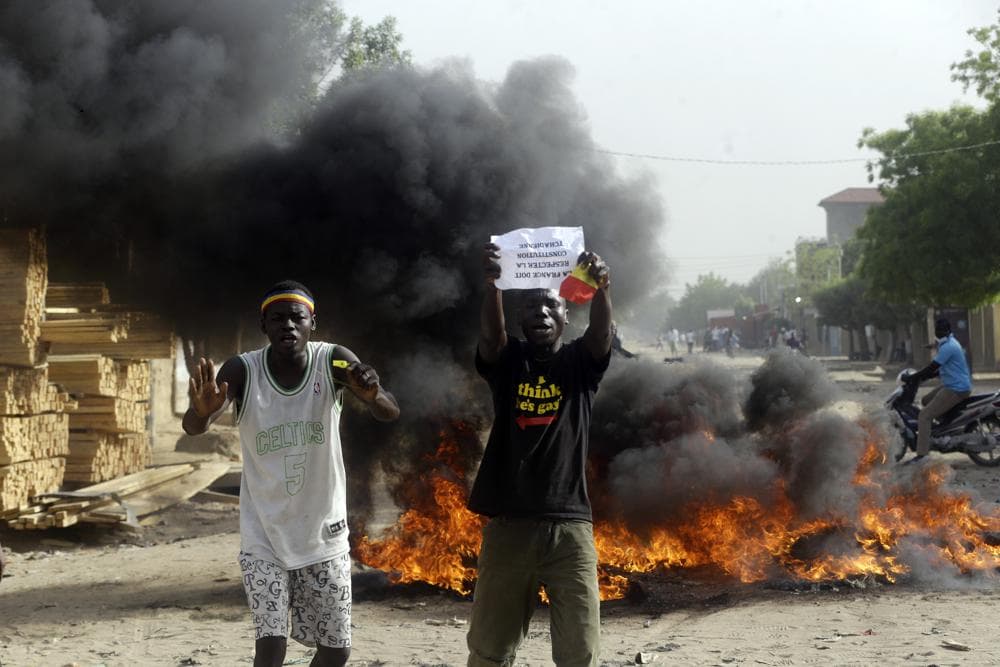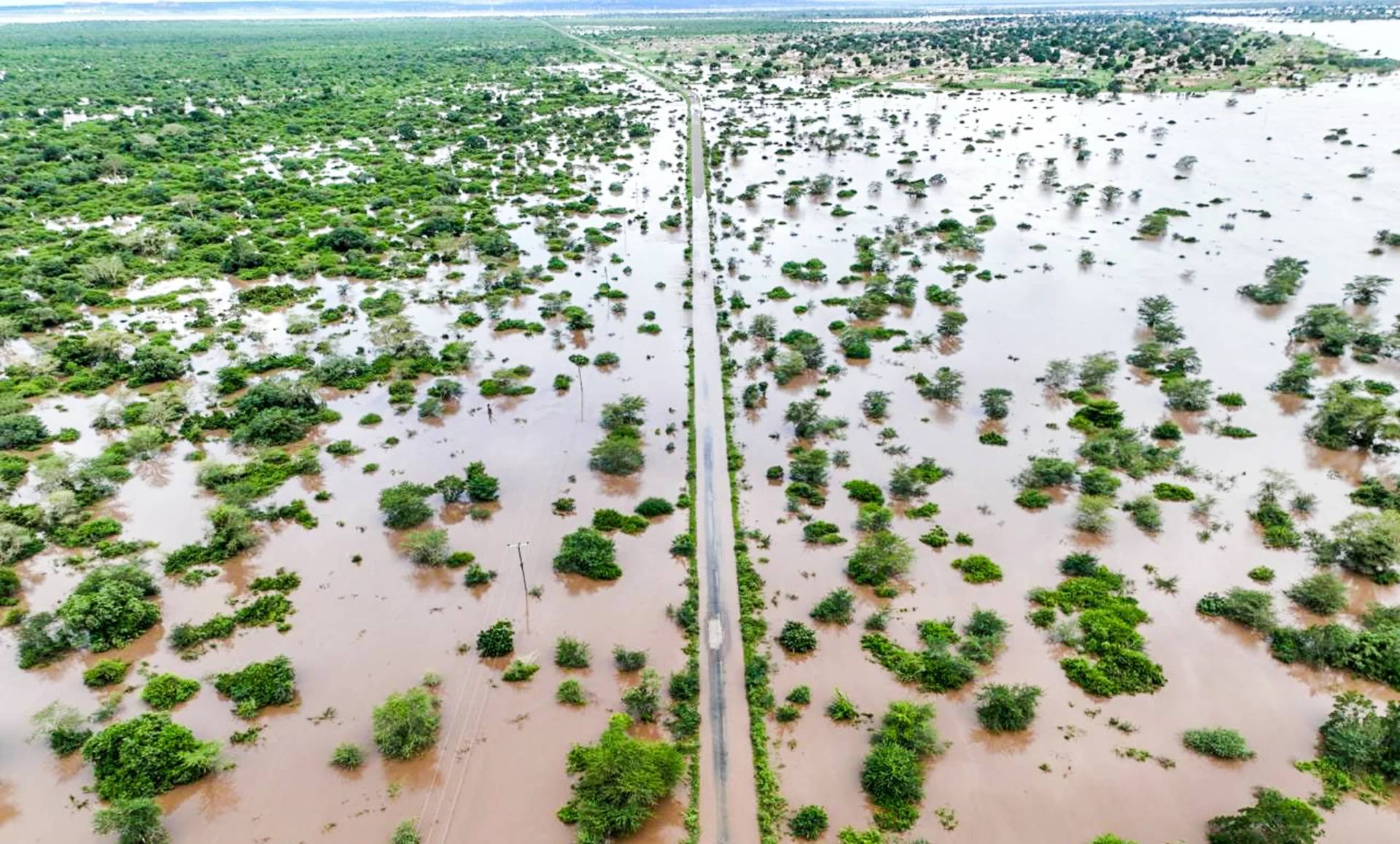YAOUNDÈ, Cameroon – In a rare instance of public criticism, Catholic bishops in the majority Muslim African nation of Chad have called out the transitional government of General Mahamat Idriss Déby Itno over violence and the high cost of living in the landlocked state.
In a strongly worded memo sent on May 30, the clerics called on the government to “act impartially, and in the name of the law, if it does not want to be accused of being the perpetrator” of a recent spate of killings.
Chad has been beset by violence in recent months. On May 8, at least 17 people were killed when unidentified gunmen attacked the village of Dion located in the East Logon Province of Chad that borders the Central African Republic, around 500 kilometers south of N’Djamena, the national capital.
According to Nerambaye Ndoubamian, the public prosecutor in Goré, Chad, an infant was amongst those killed, and several wounded civilians were taken to hospital.
That wasn’t an isolated case, said the country’s bishops.
“The list of bloody conflicts and victims of violence is long and macabre,” the clerics said in a May 30 statement.
“In Salamat, Moyen Chari, Mayo Kebbi East and West, in the East and West of the country and in the center of Guéra, it is the same desolation, and the list is not exhaustive,” their memo said.
Typical of the recent violence have been clashes between herders and cattle breeders in Bahr Sara, 370 miles south-east of N’Djamena, also left scores of people dead. The country’s Defense Minister, Daoud Yaya Ibrahim, said that “armed bandits (…) stealing oxen came to attack the village of Mankade in the sub-prefecture of Laramanaye. They killed 11 villagers before taking away some oxen.”
Yaya said said the “forces of law and order pursued them, killed seven bandits and eight were taken prisoner.”
In the three-page memorandum released May 28, the President of the Chad Bishops’ Conference strongly condemned the killings, describing them as “structural” and intended to keep the interim government in power.
In theory, national elections should be held in Chad sometime in 2024 to select a new government.
“The killings and shortages of basic necessities are indicative of a way of governing and a way of thinking that must change if we are not to give our country a bad reputation,” said Archbishop Goetbé Edmond Djitangar of N’Djamena.
In their May 30 communique, the country’s bishops said the killings are a result of poor governance and a transitional council desperate to keep itself in power.
“Whether they are the result of inter-community conflict or the brutality of the defense and security forces, all these crimes are attributable to public authorities and poor governance of the conflicts,” the bishops’ conference said.
They said if the government fails to act impartially, it could be accused of “using terror as a means of governing, maintaining or retaining power.”
The clerics also accused the government of keeping the Chadian people in a state of excruciating poverty, citing various shortages, particularly of fuel and basic necessities. The intention of choking off these supplies, the bishops suggested, is to deprive the people of any power to stand up to tyranny.
“Should Chadians be impoverished, starved and deprived of any capacity to resist in order to govern them? ” the bishops asked.
“The blood and tears of Chadians have flowed enough, and it must stop,” the clerics said in their May 30 statement.
“The list of bloody conflicts and victims of swords, arrows, spears, and bullets is long and horrific,” they said.
The bishops also decried the dislocation of the country’s economy, noting that it was causing significant hardship for the people.
“The destruction of all possibilities for formal and informal economic activity, the slowdown or even stoppage of essential service sectors and youth unemployment are plunging the entire country into a situation of widespread impoverishment,” the bishops said.
“Shortages of all kinds are weakening our people and killing them slowly,” they said, and added that the “shortage of petroleum products and its consequences on all sectors of the lives of individuals and institutions are simply incomprehensible for an oil-producing country.”
The clerics said that in order to remedy the situation, “let us strive to practice justice and the law, and to seek peace, security, and well-being for all, refusing to compromise ourselves in practices that are commonplace in our country: Nepotism, corruption, and all forms of exclusion.”
“Our country has suffered too much from practices that are destructive to the fabric and social relations. The time has come for us to realize that God will sooner or later do justice to the poor, and restore their scorned dignity,” the bishops’ statement said.
They expressed hope that “the victory of life over death that we have just celebrated at Easter gives us assurance of this. It is the victory of good over evil, of light over darkness, of liberation from all domination.”















